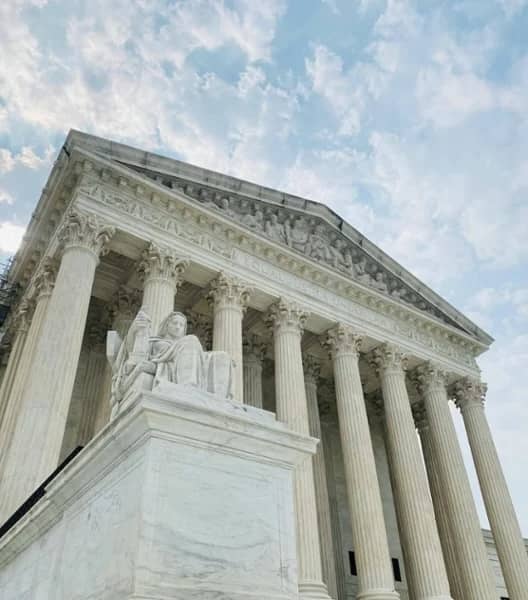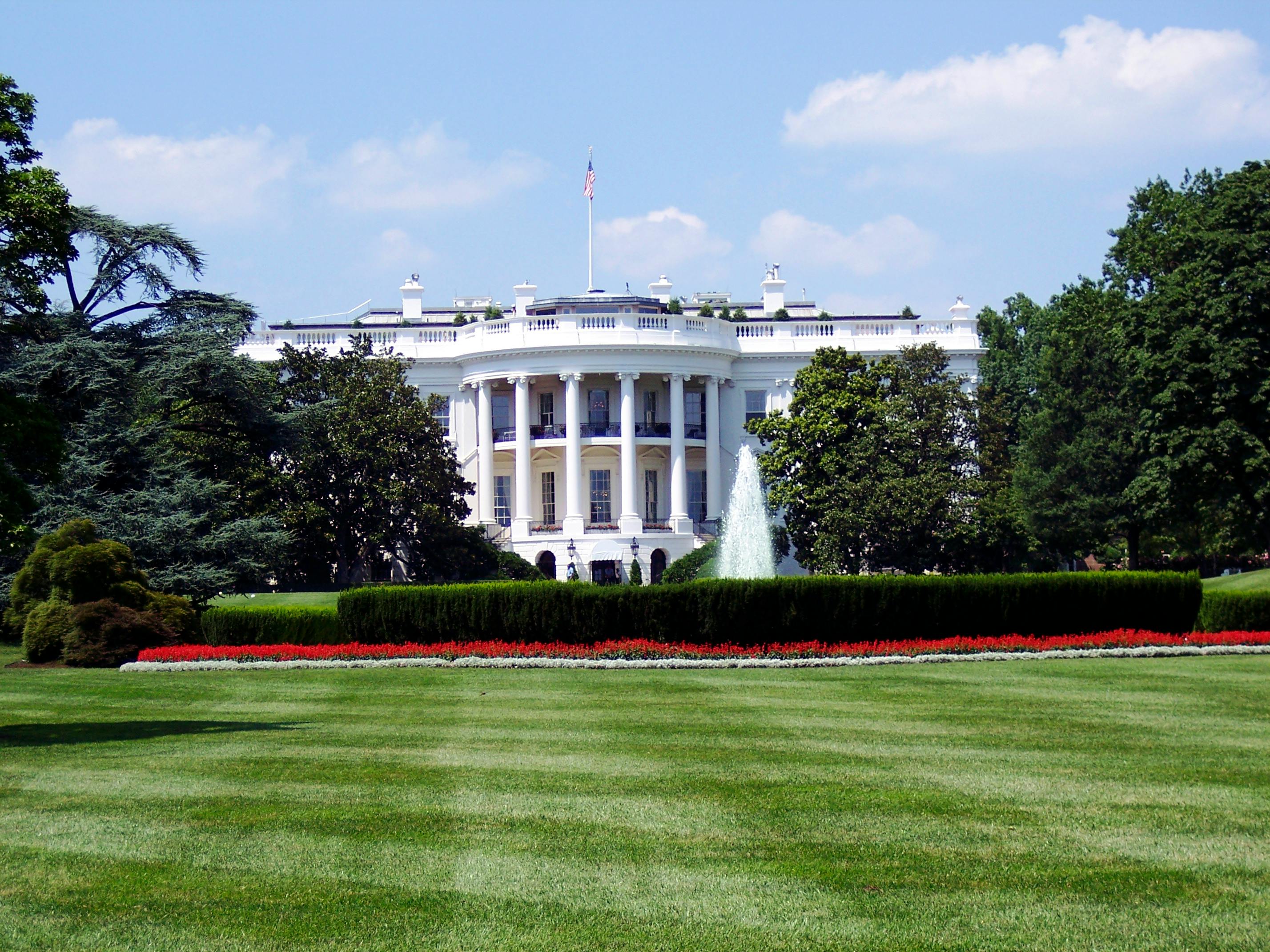The Supreme Court will soon release an opinion on Moore vs. United States, a case centering around the constitutionality of taxation of unrealized gains. It’s a case with the potential to significantly alter U.S. tax policy. Here’s what’s at stake.
Background
The plaintiffs in the case are Charles and Kathleen Moore, a couple who invested in an overseas business, KisanKraft (India). Instead of distributing dividends to its shareholders, KisanKraft reinvested its earnings. The Moores never received a distribution but were forced to pay taxes on their share of the company’s retained earnings thanks to new regulations established by the 2017 Tax Cuts and Jobs Act (TCJA). In other words, the Moores were taxed on “unrealized gains” – income that exists only on paper.
The Moores contend that unrealized gains do not meet the traditional definition of “income”, and the government is therefore violating the Sixteenth Amendment (which allows Congress to levy income tax). The U.S. government argues that the TCJA provisions are within the constitutional bounds of Congress’ taxing power.
Potential Implications
If SCOTUS rules in favor of the Moores, a significant portion of the TCJA would be invalidated, and Congress’ ability to tax unrealized gains would be restricted. This would not only reduce government revenue but also change how future tax laws are crafted, particularly those targeting complex international investments.
This is not your ordinary tax case. It is a pivotal moment in constitutional law that will address both the boundaries of the federal government and the definition of income. We will continue to watch it and keep you informed.






